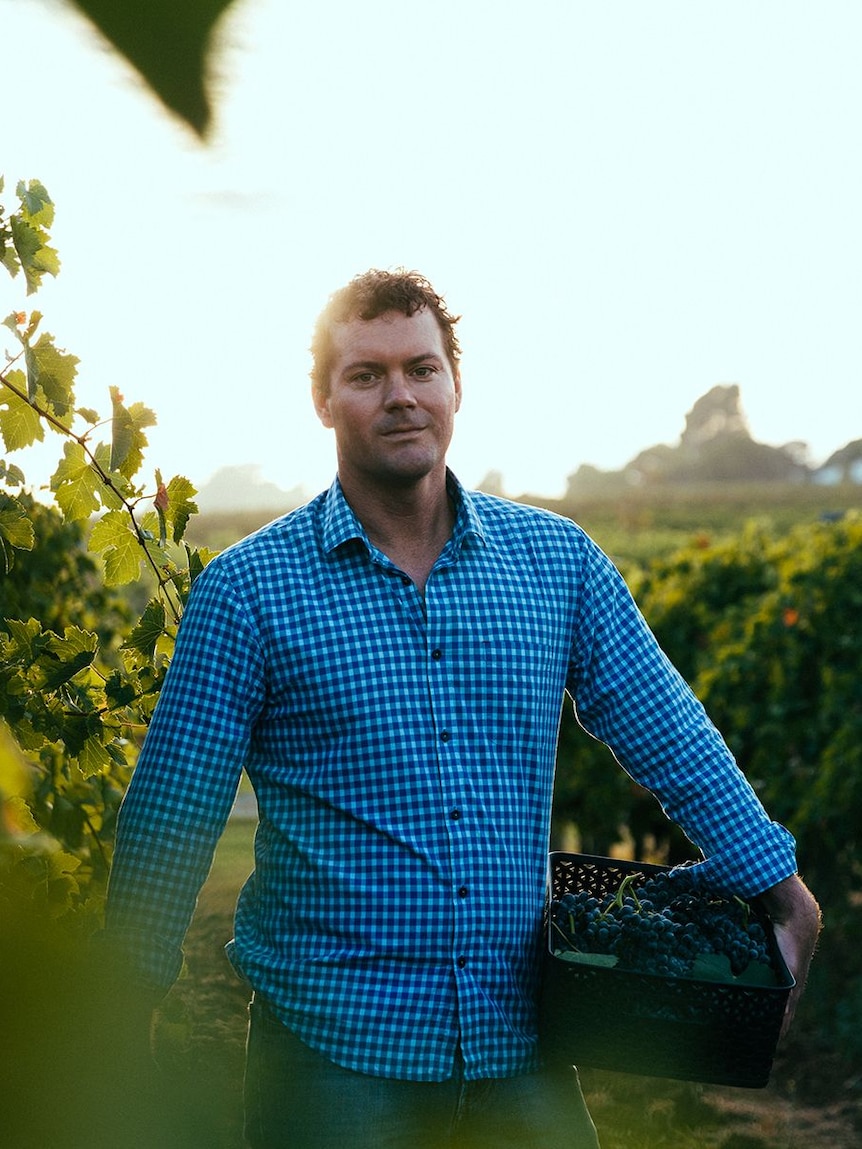South Australian wine producers are seeing unexpected new markets open up in the wake of the great wall of tariffs implemented by China last year.
Key points:
- A South Australian wine company has begun exporting to Ukraine after success in Poland
- Wine producers are starting to plan international trips to support their push into new markets
- Chinese tariffs have been the biggest concern for large businesses, while smaller businesses lost domestic customers during COVID
Angove Wines joint managing director Richard Angove says the business has received its first order from Ukraine.
He said the country showed an interest in his wines after they developed a good reputation in neighbouring Poland.
“It was almost more of a market pull than a production push,” Mr Angove said.
With a population of more than 40 million and a flourishing food culture, Mr Angove said the company’s future in Ukraine looked promising.
“Like most world economies, it has been very hard hit by lockdowns and COVID-19 … but they are also reopening, so it is the perfect time to engage with retailers.
Mr Angove said the company had also refocused on traditional markets in the United Kingdom and the United States.
According to the latest Wine Australia report, exports to China fell by 77 per cent to $274 million in the year to September 2021, down from the previous average of $1 billion a year.
Mr Angove said while his business had a diversified export strategy before the Chinese trade ban, it had still suffered a loss.
“It has taken us a bit of time to reallocate and rethink how we are approaching other export markets and we hope that market will open again in the future,” he said.
“We will be ready for it when it does.”
Future uncertainty
COVID-19 and Chinese wine duties were the top concerns cited by growers in the latest South Australian Wine Industry snapshot.
The loss of international customers has had the greatest effect on large businesses, while micro and small wine businesses were the most impacted by loss of domestic customers.
South Australian Wine Industry Association (SAIWA) chief executive Brian Smedley said at least 300 businesses across the state had been exporting wine to China, with the vast majority significantly impacted by tariffs of up to 220 per cent.
He said the World Trade Organisation (WTO) probe into the tariffs could take two to three years.
In the interim, Mr Smedley said sales to South-East Asian countries, such as South Korea and Singapore, as well as the UK and US markets had been promising.
Mr Smedley said federal and state governments had played a positive role in supporting businesses by negotiating free trade agreements, domestic tourism promotion and providing businesses subsidies to enter new markets.
“So we need to make sure that our products do stand up to what the competition is offering in the market, particularly in price but also varietal,” he said.
Posted , updated




